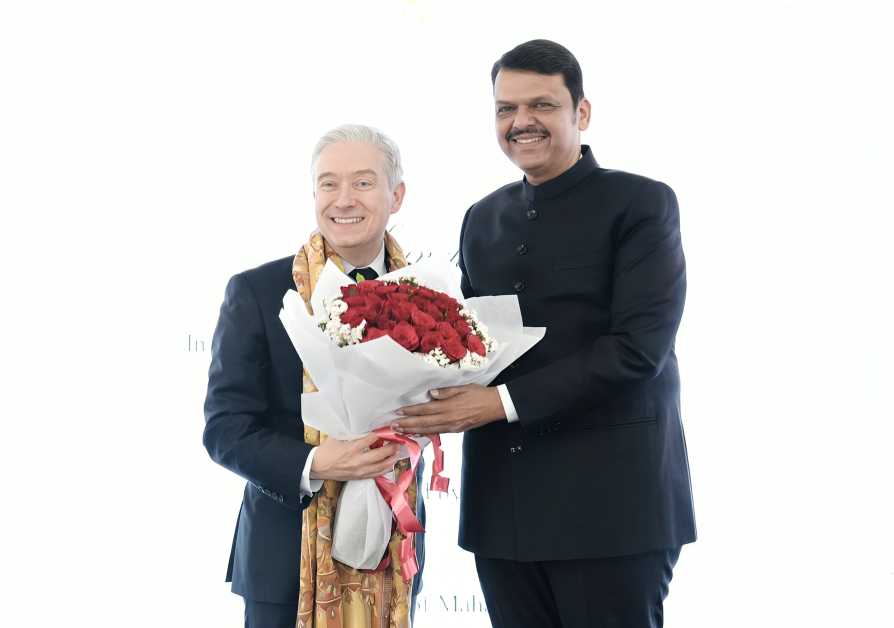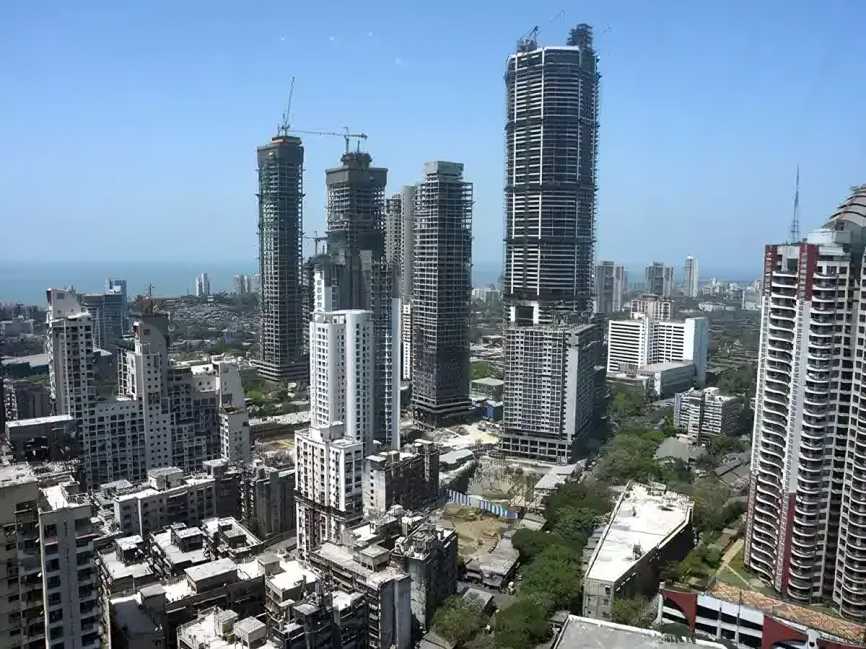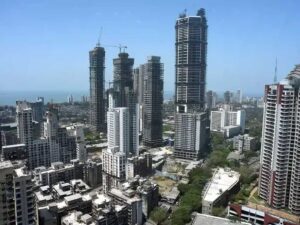September 19, 2025: Mumbai has further strengthened its position as India’s undisputed data centre capital, commanding 40 per cent of the country’s overall capacity and 44% of live IT capacity, according to Knight Frank’s Asia-Pacific Data Centres 2025 report.
In the first half of 2025, the city’s capacity rose by 14.3 per cent, crossing the 4GW threshold. Of this, 591MW is operational, 185MW is under construction, and 3.2GW is in the development pipeline. During the period, Mumbai saw a healthy 97.6MW of take-up, keeping vacancy levels tight at 5.4 per cent—significantly below India’s national colocation vacancy rate of 12.3 per cent.
Analysts attribute the surge to strong cloud adoption, regulatory pushes for data localisation, and the expansion of fintech and BFSI sectors. Around two-thirds of under-construction capacity is already pre-leased, yet hyperscale deployments continue to face supply constraints. At present, only three live sites in the city can support requirements above 2.5MW, with just one capable of hosting more than 10MW.
Global operators are moving to bridge this gap. NTT’s proposed 500MW NAV2 campus and Blackstone–Panchshil Realty’s 500MW AI-led facility are among the largest investments on the horizon.
Hyderabad, meanwhile, is emerging as an alternative hyperscale hub, with 500MW of planned capacity, including NTT’s ₹10,500 crore AI campus and STT GDC India’s 100MW project.
Shishir Baijal, Chairman and Managing Director of Knight Frank India, noted: “With over 3GW of capacity in the pipeline and policy support for green data centre parks, Mumbai continues to draw significant global capital.” He added that Mumbai’s subsea cable infrastructure, reliable power supply, enterprise proximity and state-level policy incentives underpin its leadership as South Asia’s gateway for cloud, AI, and enterprise workloads.
Across the wider Asia-Pacific region, growth is accelerating. In the first half of 2025, 13GW of new projects were announced, more than double the previous year. Tech giants including Amazon, Microsoft, Google and Meta have pledged over US$160 billion in capital expenditure, reflecting the region’s strategic importance.
















